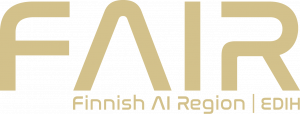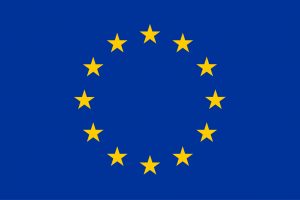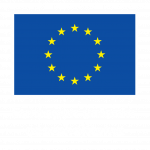

Europe's AI Wake-Up Call: Strong on Research, Weak on Everything Else
New report from European Comission’s Joint Research Centre warns warns continent risks being sidelined in global AI race despite world-class academic output.

Text: Martti Asikainen, 18.6.2025. Photo: Adobe Stock Photos

Europe faces a stark choice to act decisively now or watch from the sidelines as artificial intelligence reshapes the global economy, according to a sobering new European Commission’s Join Research Centre’s report.
The Generative AI Outlook Report reveals a continent caught in a troubling paradox. While the EU ranks second worldwide in AI academic publications, it accounts for just 2% of priority patent filings – dwarfed by China’s commanding 80% share.
This research-to-commercialisation chasm reflects deeper structural weaknesses that threaten Europe’s relevance in what the Commission calls a “paradigm shift” technology with the potential to transform everything from healthcare to education.
The infrastructure gap
The numbers paint a bleak picture. Europe hosts only around 50 of the world’s top 500 AI supercomputers, while the US and China dominate global computational capacity – essential for training advanced AI models.
European startups face severe funding shortfalls compared to US counterparts, with investment fragmented across member states. Even Germany and France, leading European efforts, struggle to match the scale of investment flowing into Silicon Valley and Chinese tech hubs.
Without major investment in “AI factories, energy-efficient computing, and high-speed connectivity”, the report warns Europe risks irrelevance in the defining technology of the coming decades.
The Commission’s analysis extends far beyond competitive concerns, highlighting generative AI’s potential threat to European values. The proliferation of synthetic media increases manipulation risks through deepfakes, while overreliance on AI in education could erode critical thinking skills.
Commissioner Ekaterina Zaharieva frames the moment as pivotal for Europe’s democratic future, arguing that “the development and deployment of generative AI are not only technical issues but require a coordinated social and political approach”.
The report identifies particular risks around mental health, bias, children’s rights and gender equity – areas where policy vigilance is deemed essential.
Beyond economics: democratic stakes
The Commission’s analysis extends far beyond competitive concerns, highlighting generative AI’s potential threat to European values. The proliferation of synthetic media increases manipulation risks through deepfakes, while overreliance on AI in education could erode critical thinking skills.
Commissioner Ekaterina Zaharieva frames the moment as pivotal for Europe’s democratic future, arguing that “the development and deployment of generative AI are not only technical issues but require a coordinated social and political approach”.
The report identifies particular risks around mental health, bias, children’s rights and gender equity – areas where policy vigilance is deemed essential.
Europe has championed open-source AI models as part of its commitment to transparency and ethical development. However, the report criticises widespread “open washing” – mislabelling models as open source without full transparency.
Despite philosophical alignment with openness, proprietary models from tech giants including OpenAI and Google continue to dominate commercial applications, leaving Europe grappling with tensions between open innovation and strategic autonomy.
A closing window
The Commission suggests Europe’s regulatory framework – including GDPR and the Digital Services Act – provides a foundation for “trust-based” digital governance. But these frameworks must rapidly adapt to generative AI’s evolving risks.
With the European generative AI market expected to reach €19.6bn by 2030 with 36.8% annual growth, the message is clear: Europe’s window to establish AI leadership is rapidly closing.
The choices made today will determine whether the continent shapes this technological revolution – or is shaped by it. You can read the Joint Research Centre’s report from the European Comission’s publications.


Finnish AI Region
2022-2025.
Media contacts